The "14th Five-Year Plan" proposes to support Hong Kong's development of a "Sino-foreign Cultural and Art Exchange Center". In addition, the Culture, Sports and Tourism Bureau has been newly established. The literary and art circles and the outside world are concerned about the future development of the industry. The famous designer Liu Xiaokang believes that there are many cities in the Mainland with vigorous artistic development. Hei Guoqiang, founder and director of Fine Art Asia, pointed out that many Asian countries are actively developing the art market and are rushing to catch up. For example, South Korea has just successfully held a large-scale art fair Frieze There will also be another international art fair in Seoul and Japan next year. They
bluntly
stated that Hong Kong is being surrounded, "We must have a sense of crisis."
Historians have suggested that calligraphy should be promoted through educational programs or activities.
The "14th Five-Year Plan" proposes to support Hong Kong's development of a "Sino-Foreign Cultural and Art Exchange Center". In addition, the Culture, Sports and Tourism Bureau is newly established, and the literary and art circles and the outside world are concerned about the future development of the industry.
(File photo/Photo by Liang Pengwei)
"Ming Pao" held a summit forum on "Hong Kong's New Coordinates - Sino-Foreign Cultural and Art Exchange Center" at the Hong Kong Palace Museum today.
Famous designer Liu Xiaokang said that in order to develop the creative industry, in addition to exchanges, opportunities should also be seized to promote cooperation.
He mentioned that before and after the handover in 1997 and until about 2010, Hong Kong was international in the creative industry, but then new ideas were lacking.
He also said that he is engaged in the design industry, and he understands that he needs to understand the market demand and competition when he is involved in the design industry. When placing it in the positioning of Hong Kong's art and culture, he needs to understand his own advantages, "(Mainland) has a population of 1.2 billion. Chinese and foreign cultural and art centers?” He mentioned that the arts in Beijing and Shanghai are developing vigorously, and Nanjing and Suzhou are also getting stronger. window.
He continued that the Greater Bay Area is a partner, but if Hong Kong fails to integrate, it will face the strongest competition.
He took Shenzhen as an example. The other party has ten major cultural infrastructures that cannot be ignored. He believes that Hong Kong should seize the opportunity and give full play to its own advantages.
South Korea recently successfully hosted the large-scale art fair Frieze Seoul, and some industry insiders are concerned that the Asian art market in Hong Kong is threatened.
(Photo by Lets Studio. Courtesy Lets Studio and Frieze.)
Hei Guoqiang, the founder and director of Fine Art Asia and a member of the board of directors of the West Kowloon Cultural District Authority, pointed out that Hong Kong has been a center for cultural exchange between China and foreign countries since its opening as a port, and now it is necessary to focus on strengthening and "starting the future" for the creative industry .
However, he also stated clearly that there is a lack of professionals in art public relations and promotion in Hong Kong, and it is necessary to gradually build up a talent pool to promote the foresight and vision of art and culture.
In addition to introducing foreign culture, "going out" is also a top priority. Hei Guoqiang pointed out that South Korea has recently hosted a large-scale art fair (Frieze Seoul), which has received full support from Korean stars and other stars, and Japan will also host another art fair. At the international art fair "Tokyo Gendai", facing neighboring competitors, "Hong Kong is already surrounded by people." He also said that since this year, the outside world has been catching up quickly, "We must have a sense of crisis."
The epidemic has eased, and Art Basel Hong Kong will return this year. However, due to the restrictions of the closure, the territory of the Hong Kong art fair may be shaken in the coming year.
(file picture)
Mao Junhui, the founder and director of Asian Performing Arts Research, who is known as the "Godfather of Drama", pointed out that if Hong Kong is to become a center for cultural exchange between China and foreign countries, it needs to focus on the present, not the "past tense", but also have substantial content and ideas. "No slogan", and the funding policy for the Ninth National University and small and medium-sized arts groups must be readjusted.
Fok Kaigang, a member of the Legislative Council for sports, performing arts, culture and publishing, believes that he expects the authorities to formulate clear performance indicators (KPIs), including resource allocation policies.
He also mentioned that the Hong Kong government should also consider whether the resources of the Hong Kong government should be extended to the business sector. "Is it only open to NGOs (non-profit-making organizations), and whether it will continue to cooperate with the business sector in the future?"
Lingnan University Associate Vice-President (Academic and External Relations) and Legislative Council Member Lau Chi-peng sighed that calligraphy is the quintessence of the country, "but no one knows how to pick up a brush at home." Or the whole people will use a brush to scare them.” Huang Yingqi, founder and director of the Hong Kong Contemporary Cultural Center, said that the mainstream society may not agree that Hong Kong is a cultural capital. Otherwise, it will be difficult to develop sustainably, let alone promote industrialization.
She also said that the Korean Ministry of Culture and the Ministry of Education have set up special agencies to jointly promote the exchange of cultural and artistic talents, and believes that the Hong Kong government can learn from this.
Cheng Dingyi, Director-General of the HKTB, pointed out that the combination of cultural and artistic development is a global trend. Before customs clearance, Hong Kong can make good use of time to think about positioning.
The HKTB's overseas survey also shows that tourists are not only looking for "food and entertainment", but also for in-depth and immersive travel experiences, including understanding local culture and history.
In addition, the survey also showed that the "City of Culture" is one of the factors attracting tourists, but Hong Kong is not one of them. It is believed that promotion and development can be continued in this direction.
Xu Bingxin believes that concerts can demonstrate cultural soft power.
(file picture)
Xu Bingxin, vice chairman of the Hong Kong Performance Industry Association, pointed out that concerts can demonstrate cultural soft power, and many concerts in Hong Kong also incorporate traditional art elements, such as performing arts and Chinese music performances, so pop culture and traditional art will not conflict with each other. The Hong Kong government can act as a bridge and consider promoting concert tourism.
Some audience members mentioned that they were slightly disappointed that many senior officials and sharing guests did not include Hong Kong literature in the discussion. The Centre Georges-Pompidou is comparable, but the other party has a literature museum, and in the early stage of the development of the West Kowloon Cultural District, national master Jao Tsung-I also proposed to build a literature museum, but it was eventually abandoned.
He believes that literature is the soul of culture, and any discussion without its existence is pale. "Germany, Shanghai, and even Taipei have literature museums, but Hong Kong is neglected, and literature is an orphan."
A number of arts and cultural circles discussed the future direction of Hong Kong's cultural and artistic development at the summit forum.
(Photo by Zhang Haowei)
Interview with Yang Runxiong|I still believe that the tourism industry will be competitive after the return to normal after customs clearance, and the MIRROR concert will be scheduled for large-scale events. Look at you!
Yang Runxiong attended the Creative Industry Summit to encourage Hong Kong original design to enter the Greater Bay Area

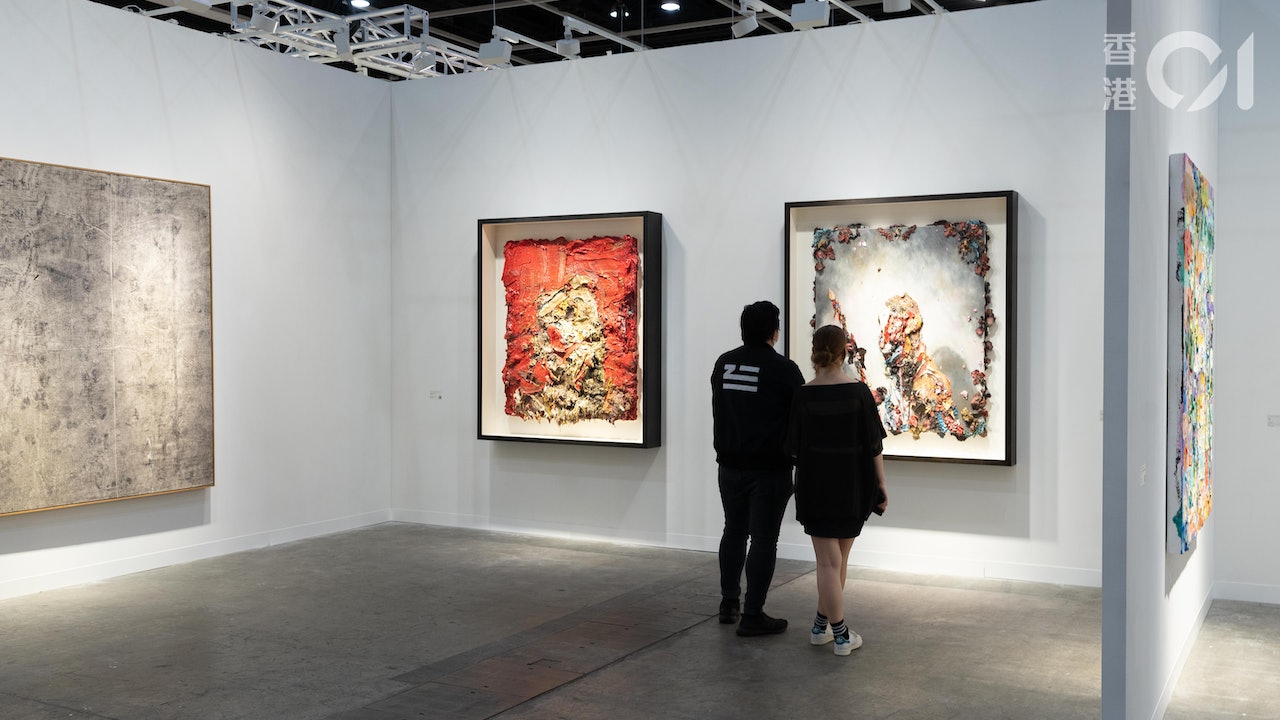
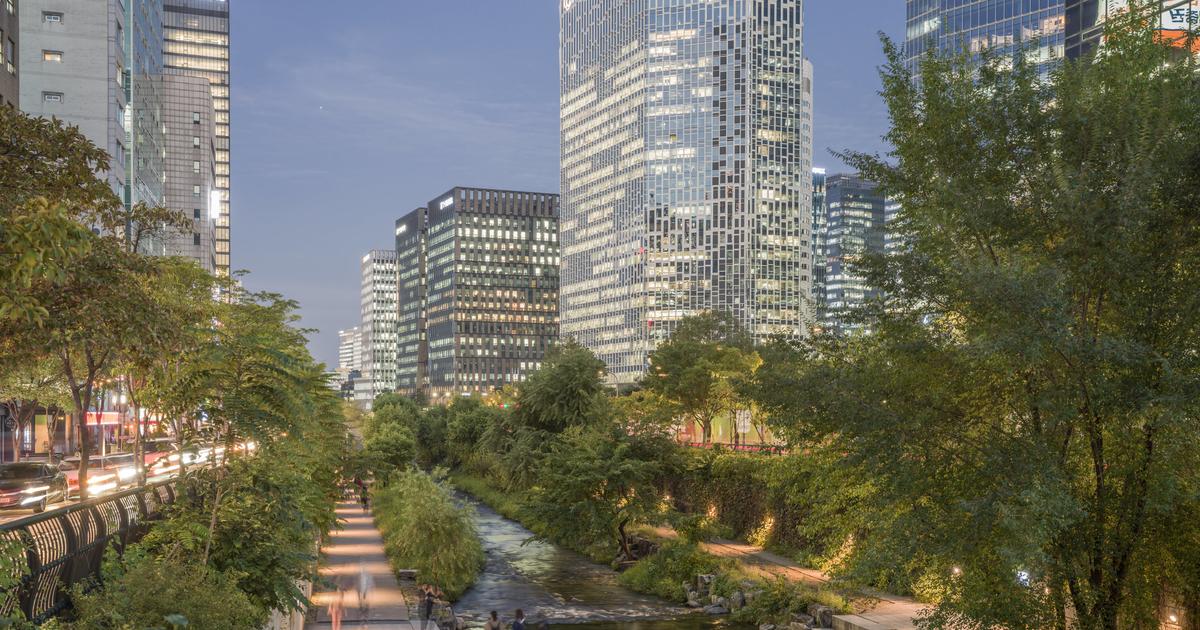
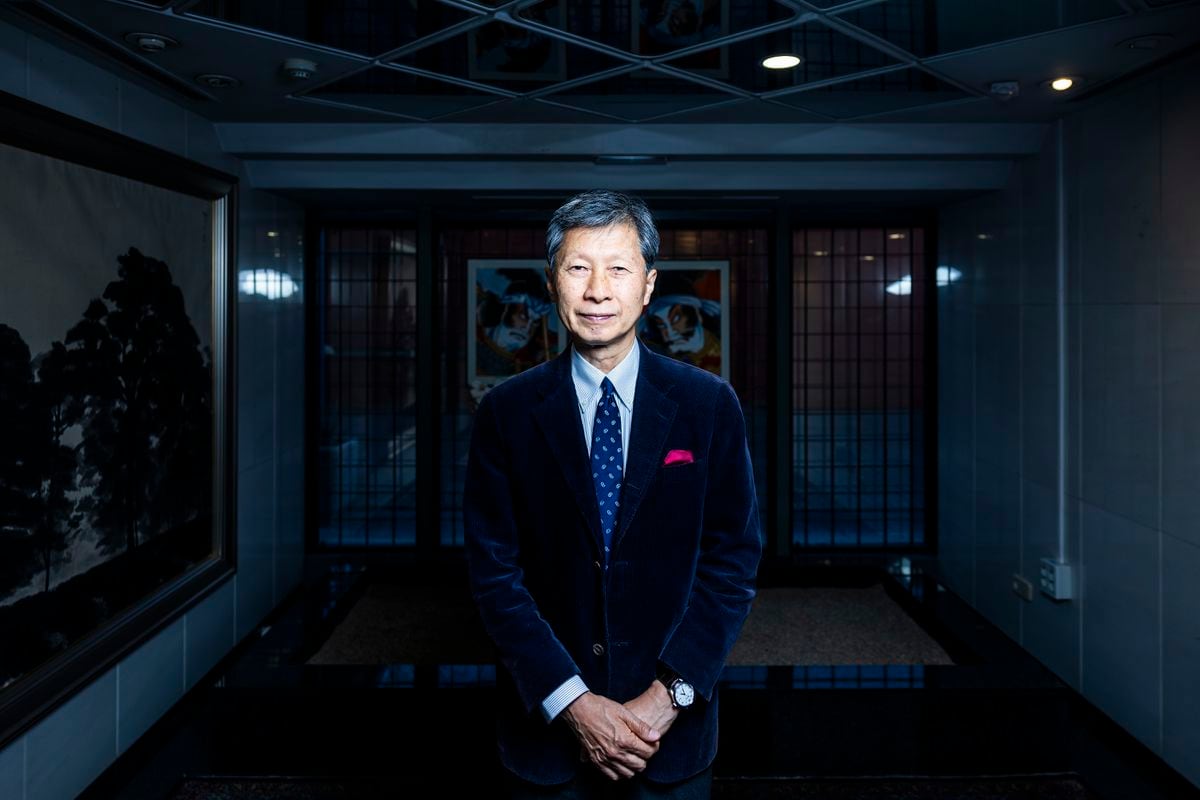
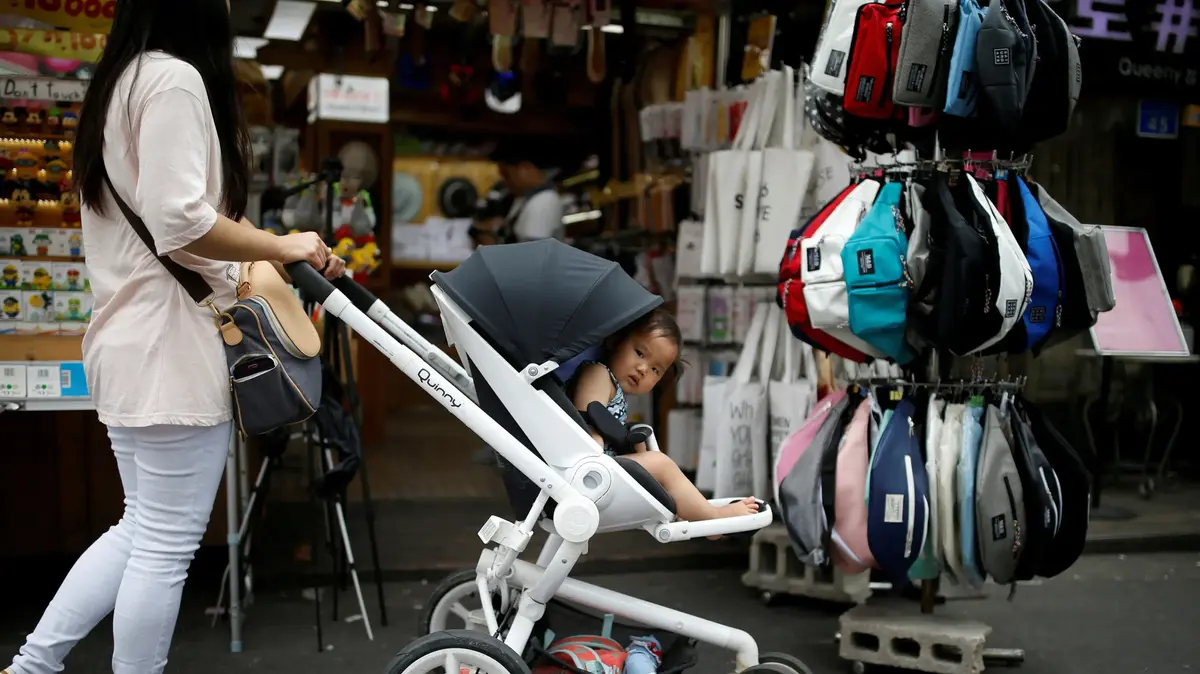

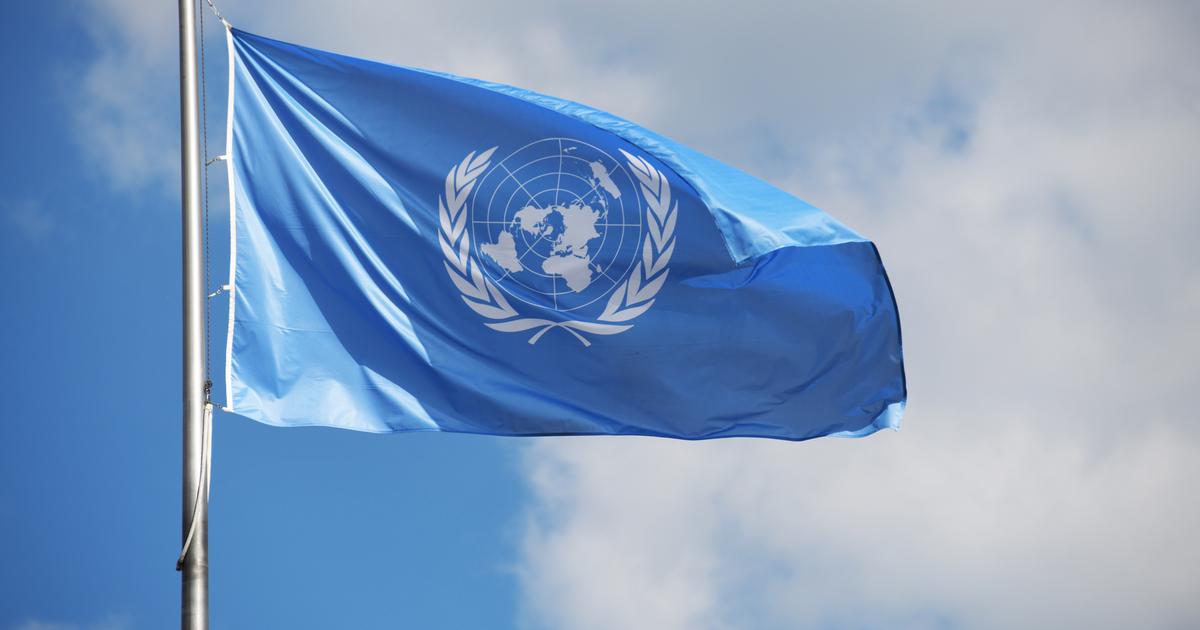
/cloudfront-eu-central-1.images.arcpublishing.com/prisa/FZMXLCCBVNEX5G6VO4BN34ZLPM.jpg)

